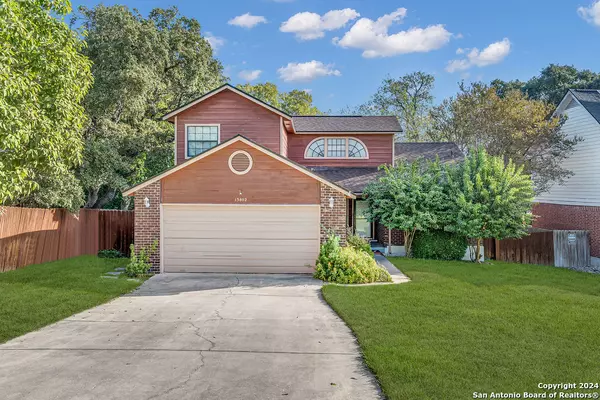“How to Successfully Negotiate a Home Price
Negotiating the price of a home can be one of the most daunting aspects of the real estate process, whether you're a buyer or a seller. However, with the right strategies and a good understanding of market dynamics, you can successfully navigate these negotiations. Here are some key tips to help both buyers and sellers achieve their goals, considering factors like the neighborhood and market conditions.
**For Buyers:**
1. **Do Your Homework**: Before entering into negotiations, arm yourself with information. Research recent sales in the neighborhood to understand what similar homes have sold for. This will give you a solid baseline for your offer.
2. **Get Pre-Approved**: Having a mortgage pre-approval can strengthen your position. Sellers are more likely to take you seriously if they know you have the financial backing to close the deal.
3. **Start with a Reasonable Offer**: While it might be tempting to lowball, an offer that's too low can offend the seller and shut down negotiations before they even start. Aim for an offer that reflects fair market value based on your research.
4. **Consider the Seller’s Perspective**: Understanding why the seller is moving can provide valuable insights. Are they relocating for a job and need to sell quickly? Or are they testing the market and in no rush? Tailoring your offer to meet their needs can make it more appealing.
5. **Be Prepared to Compromise**: Flexibility can be key in negotiations. If you really want the house, be prepared to make some concessions, whether it's on price, closing date, or minor repairs.
**For Sellers:**
1. **Price It Right from the Start**: Setting an unrealistic asking price can deter serious buyers and prolong your time on the market. Use comparative market analysis (CMA) data to set a competitive price that reflects current neighborhood trends.
2. **Highlight Neighborhood Benefits**: Emphasize what makes your neighborhood attractive—be it good schools, proximity to amenities, or low crime rates. Buyers often choose homes based on location as much as on features.
3. **Be Open to Negotiation**: While it's natural to want top dollar for your property, being inflexible can drive potential buyers away. Be willing to entertain offers and counteroffers seriously.
4. **Understand Buyer Motivations**: Knowing why a buyer is interested in your home can help you tailor your negotiation strategy. Are they first-time buyers looking for a starter home? Or perhaps they're investors looking for rental properties? This knowledge can inform how you respond to offers.
5. **Consider Timing**: The time of year and current market conditions can impact negotiations. For example, selling during a buyer's market may require more flexibility on price compared to selling during a seller's market when demand is high.
**Neighborhood Impact:**
The neighborhood plays a crucial role in home price negotiations for both buyers and sellers:
- **Buyers should evaluate neighborhood trends**, such as property value appreciation rates, planned developments, and local amenities which could affect future resale value.
- **Sellers should leverage positive neighborhood attributes**, highlighting nearby parks, reputable schools, public transportation options, and community events that add value to their property.
In conclusion, successful negotiation requires preparation, understanding of market conditions, and empathy towards the other party's situation. Whether you're buying or selling, focusing on these strategies while considering the neighborhood context will put you in a strong position to achieve your real estate goals.
Categories
Recent Posts










